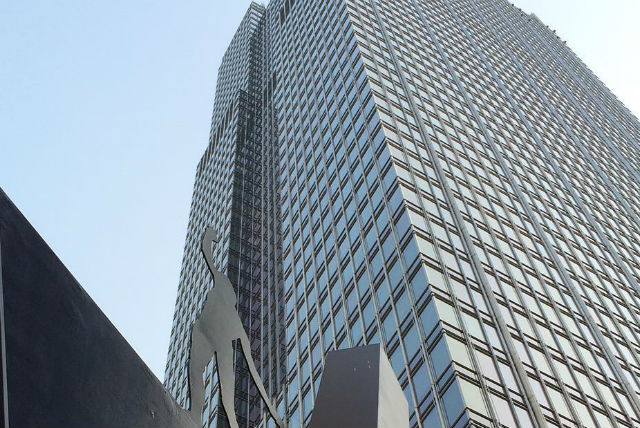In the wake of this global financial crisis, recognition has grown that the financial system must not only be sound and stable, but also sustainable. With this in mind, the UN Environment Programme (UNEP) launched an Inquiry into the Design of a Sustainable Financial System in early 2014 to explore how to align the financial system with sustainable development.
Numerous research papers were commissioned by the UNEP Inquiry on different aspects, with IHRB asked to explore the relationship between finance and human rights. This complements the Inquiry's global report, The Financial System We Need, published in October 2015.
Designing and building a sustainable financial system requires a broad focus on what sustainability requires in all its aspects and how finance can help deliver on that important objective. This task includes not only delivering financing for sustainable environmental outcomes and addressing climate change, but it also includes attention to the needs of a sustainable society.
It follows that a sustainable future for all requires a coherent vision of how the layers of society, economy, environment, and finance interact, and the role of the financial system in facilitating sustainable livelihoods and societies.
This report aims to contribute to this debate through considering the role of human rights in delivering a sustainable finance system. It considers three levels of interaction between the financial system and human rights:
- the systemic level – how can regulatory actors and key regulatory leverage points incorporate human rights
- the client level – how can financial institutions address the identifiable human rights impacts of their sovereign and corporate clients’ activities
- the consumer level – how can financial institutions address the human rights impacts of their products and services directly on consumers and promote human rights enjoyment through new products and services.
By looking at these three levels, the Report seeks to highlight the multi-faceted roles and contribution that human rights can make to a more sustainable and more ethical financial system.
Photo: Flickr-grasshopper_teresa





























How should businesses respond to an age of conflict and uncertainty?
As 2024 began, European Commission President Ursula von der Leyen aptly summed up our deeply worrying collective moment. As she put it, speaking at the annual World Economic Forum in Switzerland, we are moving through “an era of conflict and...
26 March 2024 | Commentary
Commentary by Scott Jerbi, Senior Advisor, Policy & Outreach, IHRB